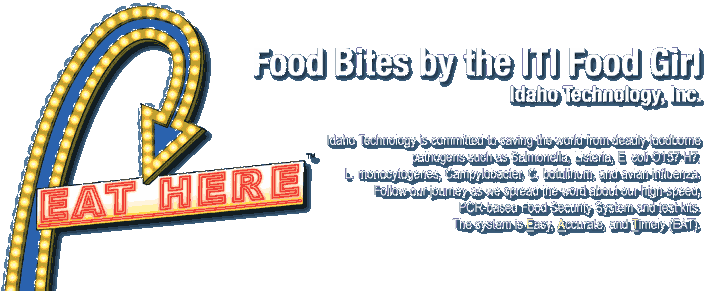
In an article dated July 14, 2010 Food Manufacturing reported that scientists are observing early signs that the Gulf of Mexico oil spill is altering the marine food web by killing or tainting some organisms and spurring the growth of others more suited to a polluted environment.
If such impacts continue, scientists warn of a severe reshuffling of sealife that could over time cascade through the ecosystem and imperil the region's multibillion-dollar fishing industry. Although federal wildlife officials say the impacts are not irreversible, and no tainted seafood has yet been found, Rep. Ed Markey, D-Mass., who chairs a House committee investigating the spill, warned that the problem is just unfolding and toxic oil could be entering seafood stocks as predators eat contaminated marine life.
The BP spill also is altering the food web by providing vast food for bacteria that consume oil and gas, allowing them to flourish while at the same time, the surface slick is blocking sunlight needed to sustain plant-like phytoplankton, which under normal circumstances would be at the base of the food web.
So far seafood safety tests are turning up negative for oil contamination, but the situation remains bleak.
Click here to read the entire news article





